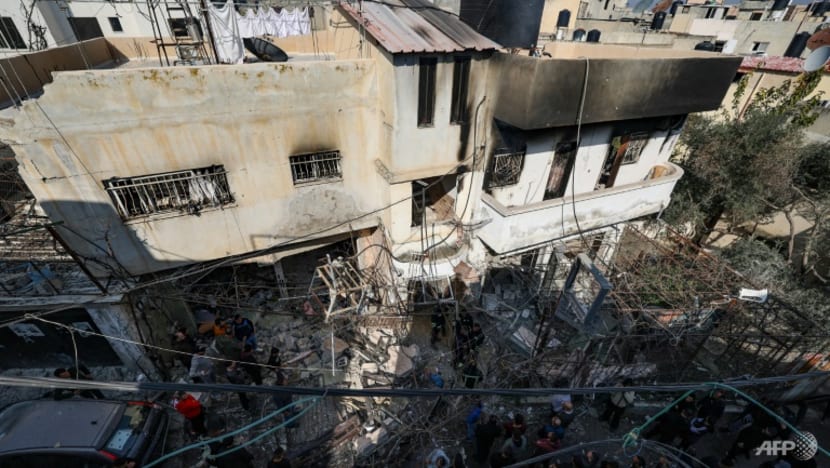Pakistan and Taliban authorities in Afghanistan have resolved the recent row over border fencing by agreeing that farther work on the design that led to a tense situation would be done through agreement, a media report said on Saturday.
A elderly functionary, who spoke to a group of intelligencers on the background on Friday, said it has been decided at a elderly position that fencing- related issues would in the future be dealt with through collective agreement, he said.
The functionary, still, didn’t exactly specify at which position the addresses between Pakistan and the de facto Afghan government were held after Wednesday’s incident in which Taliban fighters disintegrated border fencing and took down spools of acerbic line, the Dawn review reported.
The fighters had also also advised Pakistani dogfaces against continuing fencing. The incident led to a tense situation in the area where it passed, it said.
Defence ministries of the two sides latterly held addresses on the issue. The Taliban ministry of the border and ethnical affairs also reportedly took part in the colloquies.
The functionary said Taliban Defence Minister Mullah Yaqoob visited the area on Wednesday and defused the situation.
“The disagreement has been still and calmly settled,”he said.
Pakistan has been protecting the 2600-kilometer-long border with Afghanistan since 2017 to end terrorist infiltration and smuggling despite veritably violent opposition from the neighbouring country, the report said.
Besides the construction of a hedge, the design also includes the construction of border posts and castles, and the caregiving of new bodies of Frontier Corps, the civil force that guards the border.
The functionary said 90 per cent of the fencing had been completed.
A large part of the hedge has been constructed in negative terrain and in some places at veritably high mound. The fencing is anticipated to be completed at a cost of about USD 500 million.
Fencing has been a contentious issue in Pakistan-Afghanistan ties because the Afghans dispute the border discrimination done during the social period.
Pakistan, still, insists that the line separating the two countries, also called the Durand Line, is the valid transnational border.
The differences over the status of the border have been so violent that they’ve in the history redounded in several fatal clashes between the colors of the two countries.
Pakistani construction brigades installing the hedge have on a number of occasions enduredcross-border attacks by terrorists, the report said.
Islamabad had always hoped that the Afghan Taliban would help in settling the longstanding matter. Still, that has not been the case.
The Taliban didn’t resolve the issue when they were in control of Afghanistan from 1996 to 2001 and haven’t done anything substantial to address it this time either so far, the report said.
Taliban spokesperson Zabiullah Mujahid, who’s presently the amusement culture and information minister, said in an interview days after the preemption of Kabul by the group on August 15, rejected the fencing of the border by Pakistan.
“The Afghans are unhappy and oppose the fencing. The fencing has separated people and divided families, he’d said.
The functionary at the background briefing de-emphasized the Taliban’s opposition to the fencing design.
Hedge is a reality. Nearly 90 percent of it has been installed. Not agreeing with it isn’t an option, he emphasised.
Responding to a question about addresses with the banned Tehreek-i-Taliban Pakistan (TTP), which were being held in Afghanistan through the Afghan Taliban’s facilitation, the functionary said the dialogue is still continuing despite TTP’s advertisement about not extending the ceasefire.
The addresses are continuing and an trouble is being made to reach a agreement. There are differences over TTP’s demand for the release of captures. The dialogue has, still, not reached a dead end, he said.
The TTP had on December 9 refused to extend the month-long ceasefire that started after criminating Pakistani authorities of not fulfilling their commitments. The ceasefire had begun on November 9 after original progress in addresses and it had largely held. The TTP proceeded attacks soon after ending the armistice.
The sanctioned sounded a bit disappointed with the Afghan Taliban on the TTP issue.
They’ve always asserted that they would not allow the use of Afghan soil against Pakistan, but virtually we’ve seen no action, he said.



